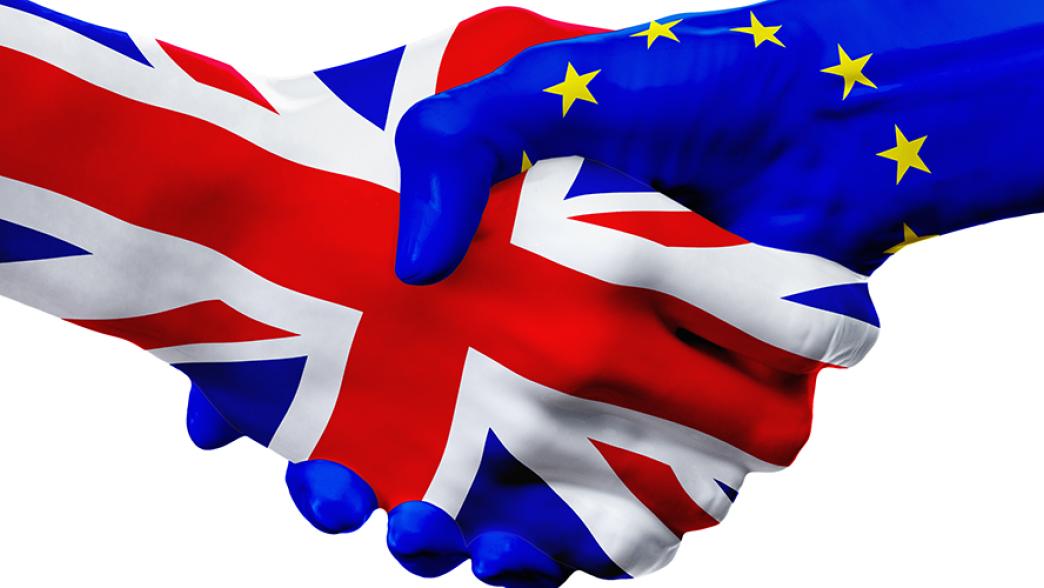Comment
Three conditions for effectively engaging business on Brexit

The Government has announced new plans for engaging British businesses on Brexit. This is a necessary step forward, but as Rob Buck says, it is not sufficient unless three key criteria are met.